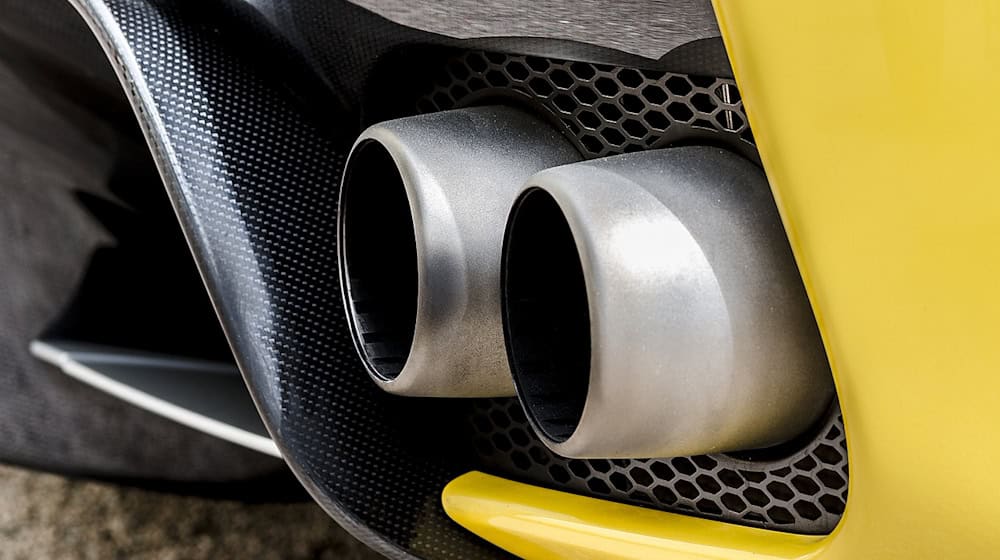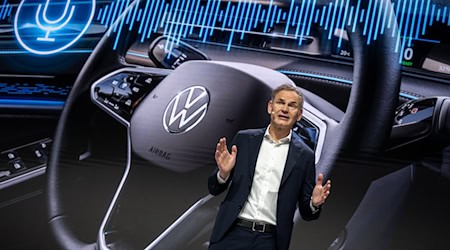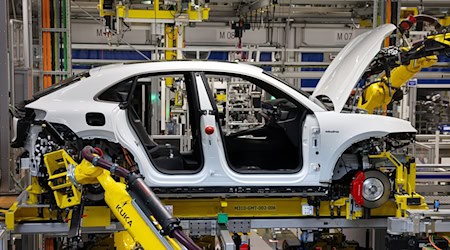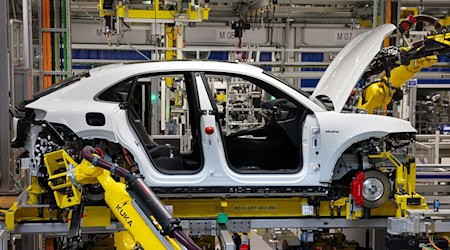The discussion about the EU's so-called "combustion engine ban" from 2035 is causing confusion and misunderstandings. It is important to clarify that this is not a general ban on vehicles with combustion engines, but a measure that affects the sale of new vehicles with combustion engines. Existing vehicles may continue to be operated in the EU after 2035.
Law and decision
In July 2021, as part of its "Fit for 55" package, the European Commission submitted a proposal to ban the sale of new cars with combustion engines from 2035. This law was adopted by the European Parliament and the Council of the European Union in November 2022. The main point of the law is that only zero-emission new cars may be registered from 2035 in order to achieve the EU's climate targets and reduce greenhouse gas emissions.
Misunderstanding the term "combustion engine ban"
The term "combustion engine ban" is misleading as it suggests that all vehicles with combustion engines will be banned. In fact, however, the ban only affects the sale of new vehicles. Existing vehicles with combustion engines can still be operated, bought and sold. This means that car owners do not necessarily have to replace their vehicles and can continue to use combustion engines after 2035.
Transition to zero-emission vehicles
The EU is promoting the transition to zero-emission vehicles through various measures and incentives. These include subsidies for electric vehicles, the expansion of charging infrastructure and investments in alternative drive technologies such as hydrogen. The aim is to promote electromobility and reduce dependence on fossil fuels.
Approval and rejection across the political spectrum
The decision was received differently by various political groups. Groups such as the Greens and social democratic parties support the ban, as it is an important step towards achieving the climate targets. They argue that the transport sector is one of the largest emitters of greenhouse gases and that a rapid transition to zero-emission vehicles is necessary.
Conservative parties and groups such as the European People's Party (EPP), which includes the CDU / CSU, were more skeptical. They fear economic disadvantages for the automotive industry and possible burdens for consumers. The CSU is particularly critical, emphasizing in its campaigns that an abrupt ban on combustion engines could endanger the labour market and Europe's competitiveness.
Future of combustion engines after 2035
After 2035, vehicles with combustion engines may continue to drive on EU roads as long as they are already registered. There are no plans to forcibly withdraw existing vehicles from circulation. However, the market for used combustion vehicles could be affected by the regulations. In the long term, it is expected that the proportion of zero-emission vehicles will steadily increase and that combustion engines will gradually become less important.
Conclusion
The EU's so-called "combustion engine ban" from 2035 is actually a ban on the sale of new vehicles with combustion engines and not a general ban. It is aimed at reducing greenhouse gas emissions and promoting the transition to zero-emission vehicles. While some political groups and parties support the ban, there are also critical voices that cite economic and technological concerns.










